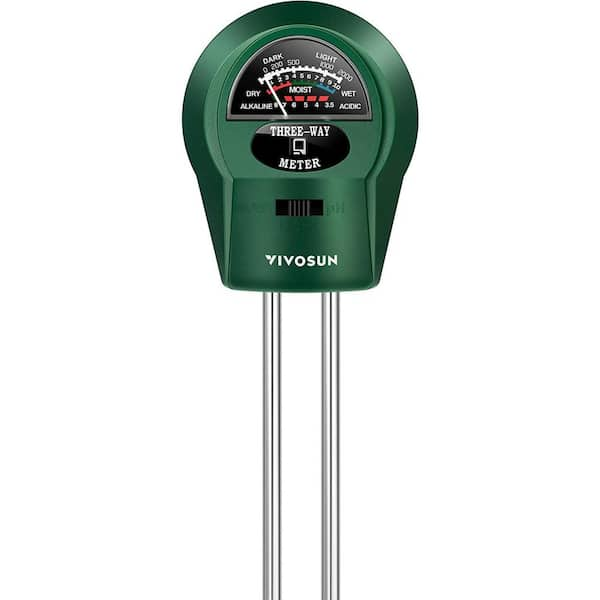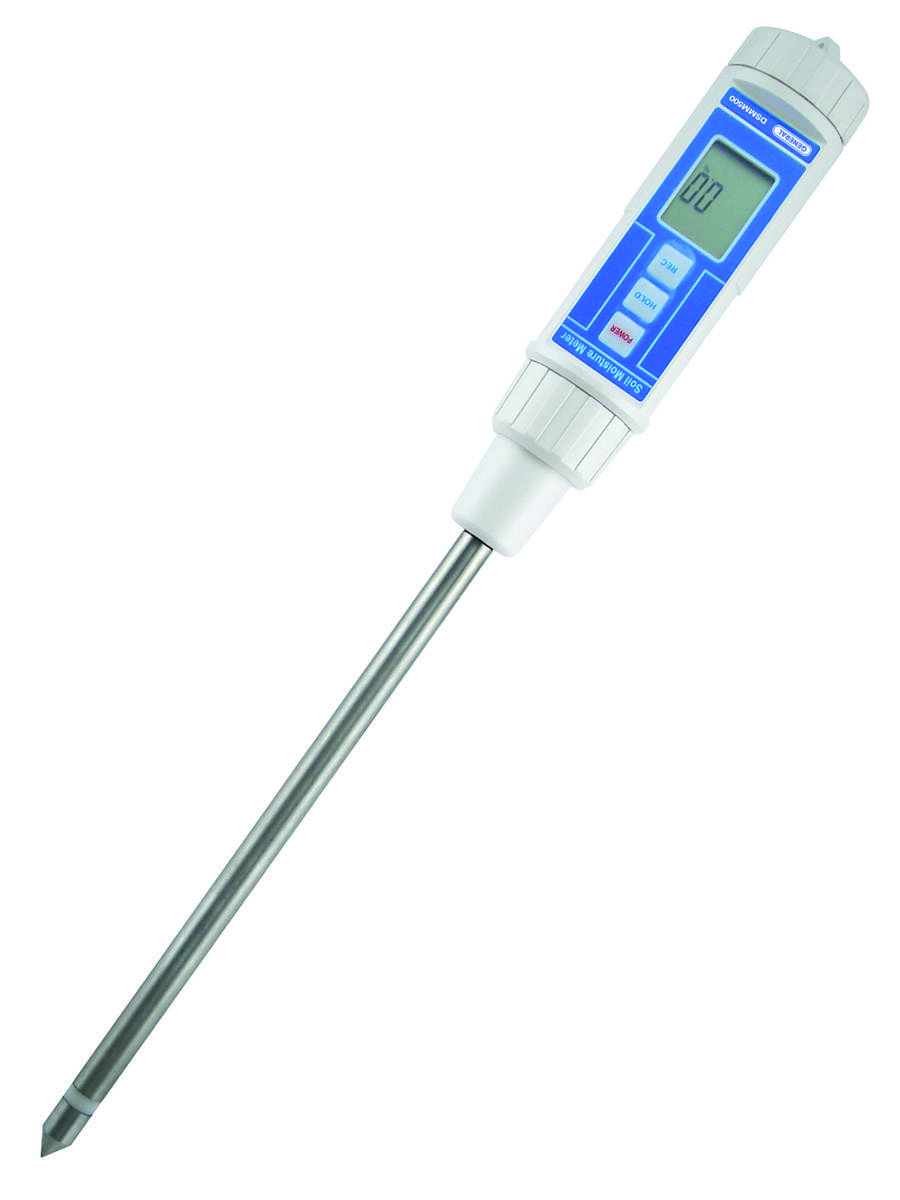The Ultimate Guide to Wetness Meters: A Comprehensive Introduction and How They Can Conserve You Cash
In the realm of building maintenance, building, and numerous sectors, the significance of precisely measuring moisture levels can not be overemphasized. Dampness meters function as essential tools in finding and checking moisture content in materials, assisting in avoiding expensive problems and making sure the high quality of items. Recognizing the subtleties of different types of moisture meters, their applications, and the potential cost-saving benefits they supply can be a game-changer for professionals and companies alike. Finding exactly how these gadgets can not only simplify processes however likewise add to economic savings is a trip worth starting.
Types of Dampness Meters
One usual type is the pin-type dampness meter, which determines the electrical resistance in between two pins put right into a material. Pinless dampness meters, on the other hand, use electro-magnetic sensing unit plates to scan a bigger location without triggering damages to the product's surface.

Additionally, there are additionally specialty wetness meters developed for particular materials like grain, dirt, or hay. These meters supply precise dampness readings tailored to the one-of-a-kind residential properties of the material being tested. Infrared dampness meters determine the thermal properties of a product to identify its moisture content non-invasively, making them beneficial for applications where pin or pinless meters might not appropriate. Recognizing the various types of dampness meters offered can assist industries select one of the most appropriate tool for their particular dampness measurement demands.

Advantages of Utilizing Moisture Meters
Dampness meters provide indispensable benefits in accurately examining and keeping track of wetness levels in varied products and settings. One of the main benefits of using wetness meters is the avoidance of prospective damages created by excess wetness.
Moreover, utilizing moisture meters can lead to enhanced energy effectiveness. In agricultural setups, moisture meters play a vital role in enhancing plant yields by enabling farmers to keep track of soil dampness levels and make informed watering decisions.
Just How to Pick the Right Dampness Meter
Choosing the appropriate wetness meter includes thinking about essential factors such as product compatibility, measurement range, and calibration accuracy. When choosing a wetness meter, it's necessary to make sure that the meter appropriates for the certain product you will be testing. Different materials have varying electrical homes that can affect dampness readings, so choosing a meter created for your material is critical for accurate outcomes. Additionally, think about the measurement her comment is here array of the dampness meter. Make certain that the meter can find dampness levels within the range required for your applications. Calibration precision is an additional essential factor to bear in mind. Choose for a dampness meter with reputable calibration to make certain precise and consistent analyses. Some meters may need routine calibration modifications, so recognizing the calibration procedure is important. By thoroughly examining these aspects, you can select a dampness meter that satisfies your demands and gives accurate dampness dimensions for your projects.
Appropriate Techniques for Moisture Meter Usage

Expense Cost Savings Through Moisture Meter Applications
Just how can the calculated utilization of wetness meters lead to significant price savings across numerous markets? In the farming industry, dampness meters help in establishing the optimal time for harvesting crops, protecting against excess or over-drying wetness that can affect the last item's high quality.
Similarly, in building, moisture meters aid avoid costly damages by identifying wetness degrees in structure materials, such as timber or concrete, which can lead to structural issues otherwise resolved quickly. By identifying issue areas at an early stage, contractors can take rehabilitative measures to stay clear of find out this here comprehensive repairs or replacements, ultimately saving time and cash.
Furthermore, in the food handling industry, wetness meters are essential for monitoring product quality and making certain conformity with security regulations. By properly determining moisture material in food, suppliers can avoid putridity, keep freshness, and minimize waste, leading to significant price savings. Generally, the strategic application of dampness meters is a beneficial investment that can cause considerable cost reductions and improved effectiveness throughout various sectors.
Verdict
To conclude, moisture meters are important tools for gauging and finding dampness degrees in various materials. By utilizing the ideal dampness meter and adhering to appropriate methods, customers can efficiently avoid expensive damages created by excess dampness. Purchasing a quality dampness meter can cause considerable cost savings over time by determining potential problems early on and allowing prompt removal. Ultimately, moisture meters are important instruments for maintaining the integrity and longevity of frameworks and products.
Dampness meters offer as important tools in spotting and keeping track of moisture content in products, aiding in avoiding pricey problems and ensuring the top quality of items. Infrared moisture meters determine the thermal residential or commercial properties of a product to determine its dampness web content non-invasively, making them valuable for applications where pin or pinless meters may not be suitable.Moisture meters provide very useful advantages in accurately examining and keeping an eye on dampness degrees in diverse products and environments. In why not try this out farming setups, dampness meters play a crucial duty in maximizing plant yields by enabling farmers to monitor soil dampness levels and make educated irrigation choices.In verdict, wetness meters are important devices for gauging and finding moisture levels in various materials.